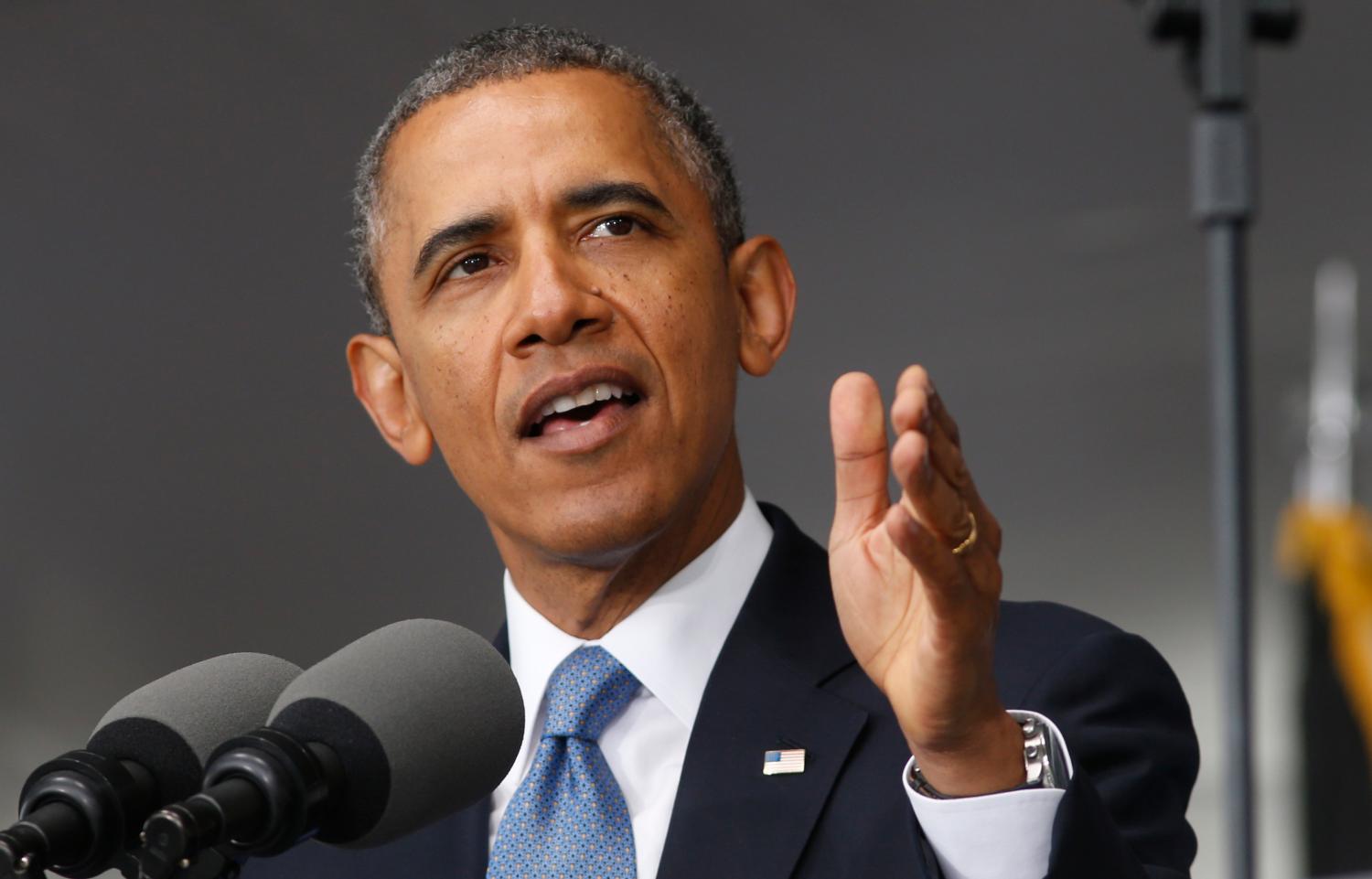Now well into the final year of his presidency, President Barack Obama recently gave a surprisingly frank and poignant review of his foreign policy record in an interview with Jeffrey Goldberg of The Atlantic.
There were a number of notable takeaways from their discussion, such as Obama’s critique of European allies and their lack of follow-through in regard to the Libya conflict. But a central element of the discussion was Obama’s rebuke to many critics of his foreign policy. He complained that much of the “establishment” seems to have a foreign policy playbook that requires frequent and excessive use of force whenever a crisis arises that displeases the United States. Instead, Obama called for a much more restrained, selective, and strategic approach in the employment of American military power.
Making the grade?
In many ways, I think the president is right. As I have written before, Obama’s original and very lofty goals for his presidency have generally proven elusive. Barack Obama may not be able to heal the planet, rid the Earth of nuclear weapons, or stop the oceans’ rise as his signature legacies.
But, in fact, there is a strategy, even if it is more often implied than explicit, and even if it falls short of the president’s own preferences of what writers and historians might say about his two terms in office. It is more mundane but nonetheless important. Obama is attempting to be strategic in the most literal and relevant senses of the word—defining priorities and holding to them, even when that makes him appear indifferent or indecisive in response to certain types of crises or challenges. Yet he has shown himself willing to employ significant amounts of force when persuaded that there is no alternative.
Consider just a few of the cases that seemed to be on the president’s mind in the conversation with Goldberg:
- Syria. Obama did not use force against Syria after President Bashar Assad violated his “red line” and used chemical weapons. Here I tend to agree with the president; the key point is that Assad had to give up all (or nearly all) of his arsenal. If that could be achieved without U.S. military strikes against chemical weapons depots, so much the better (there is more to say about Syria, however, and I return to that in a minute).
- Russia. Obama did not use force against Vladimir Putin in Ukraine. The president is right: Ukraine is not an American ally, and Russia has a larger stake in its future than does America. As such, economic responses are the preferred policy tool here as well.
- China. Obama stayed firm but restrained towards China in the South China Sea. He took longer to undertake freedom of navigation exercises in response to China’s growing claims than some would have preferred. But his no-drama Obama approach has been correct, as he has left little doubt that America is committed to freedom of these international waterways.
- Afghanistan. Obama made it harder than it had to be, and still has not given U.S. forces adequate authorities to attack the Taliban. Moreover, the U.S. military footprint there is somewhat too small. But Obama ultimately and rightly concluded that America needed to stay committed beyond his presidency.
- Iran. There is no doubt: The Joint Comprehensive Plan of Action is preferable to a military conflict with Iran, even for those of us who think that the deal could probably have been negotiated with tougher and better terms.
- Iraq. Yes, Obama pulled U.S. forces out too soon—but he was willing to return in 2014 once the situation deteriorated.
- Libya. We mishandled this badly and left too soon after the fall of Moammar Gadhafi. Obama is right that European allies should have done more, but he is wrong to have assumed they would get it right on their own in the first place. If we’re assessing his worldview (as opposed to his actual record), Obama has been honest and fair and acknowledged a mistake at least—though, alas, he has not found a way to meaningfully correct the policy situation since 2011.
These cases add up to a far from perfect record. But they represent a much more credible foreign policy than Obama’s critics often allege. And he has avoided unnecessary escalation in a number of situations where a less judicious president might have erred.
I give Obama reasonable marks for carefulness and strategic thinking.
Finally, however, returning to the Syria issue: On balance, Obama has been more wrong than right. Yes, he achieved a modest success in eliminating chemical weapons. Yet the war has been a travesty. Staying out has not worked any better than President George W. Bush’s approach to Iraq (even if it has of course cost far fewer American lives). Worse, Obama seems to justify his Syria policy largely by invoking Iraq—as if the 2003 invasion and occupation there were the only alternative to his minimalist approach. There have been other approaches that would involve significantly more force than we are employing now, yet far less than we used in Iraq or Afghanistan. Obama continues to refuse to consider them seriously, hinging everything on a diplomatic process that is in many ways a substitute for a real policy.
So, as with any presidency, there is more work to do, and as with any president, there is no untarnished record of systematic accomplishment. But I give Obama reasonable marks for carefulness and strategic thinking. He has been a proficient commander in chief, and it is possible that we will someday badly miss his judiciousness.
The Brookings Institution is committed to quality, independence, and impact.
We are supported by a diverse array of funders. In line with our values and policies, each Brookings publication represents the sole views of its author(s).





Commentary
Glass half full? Obama’s judicious foreign policy record
March 11, 2016